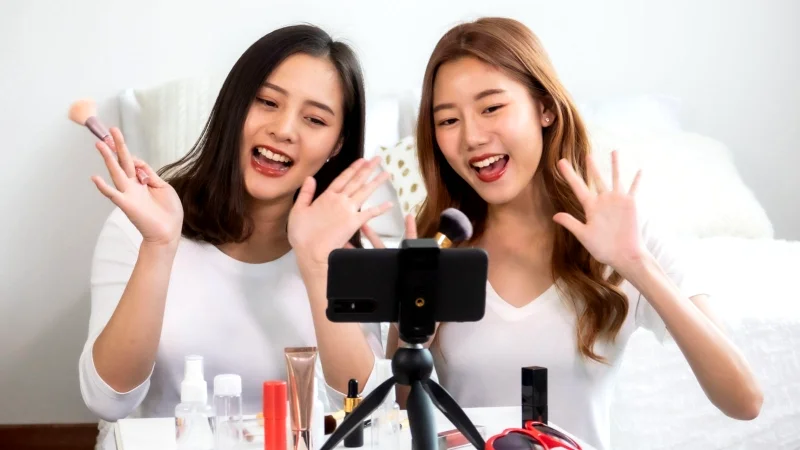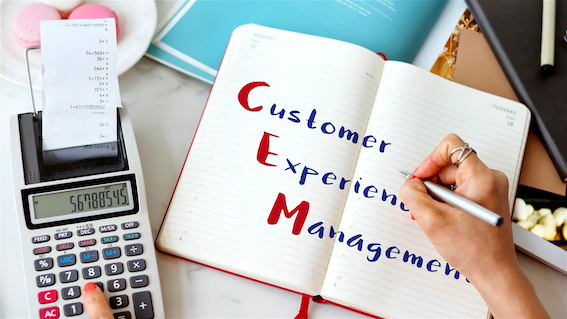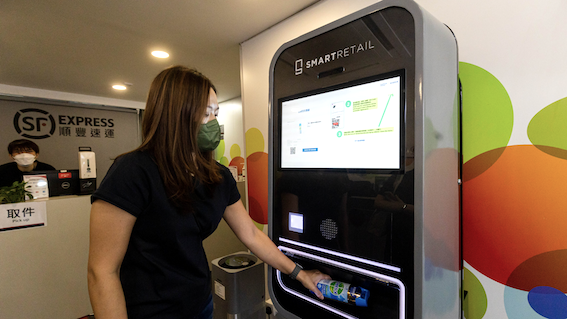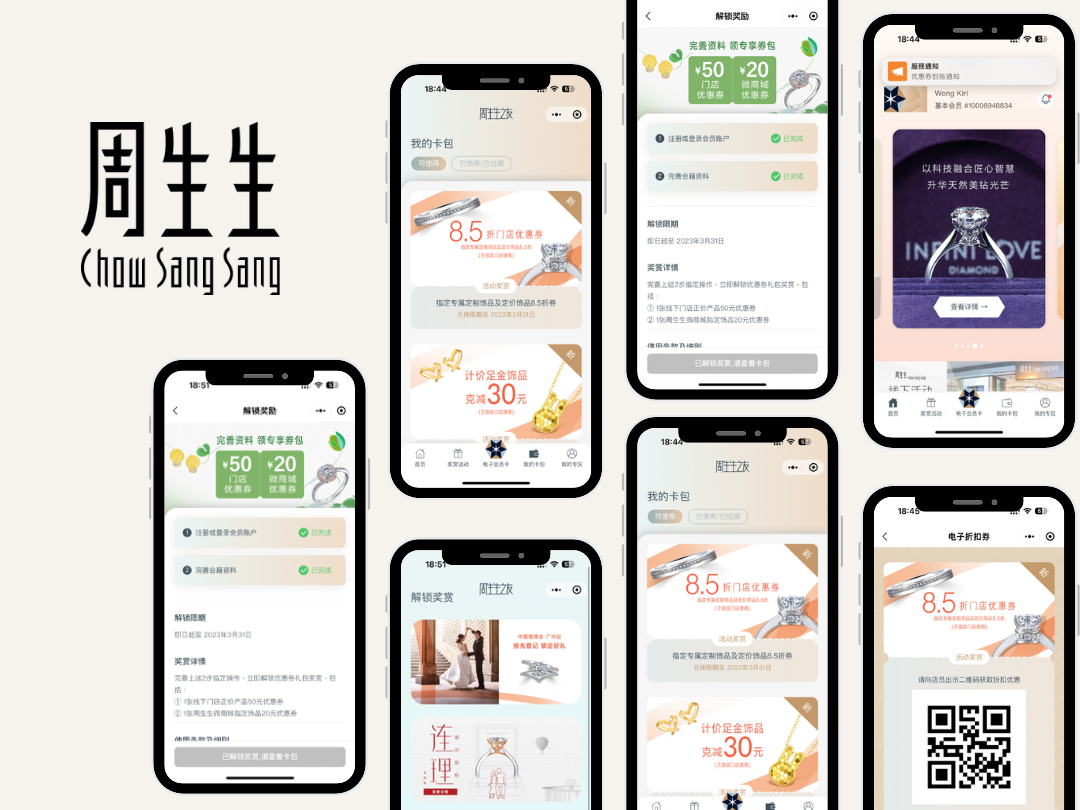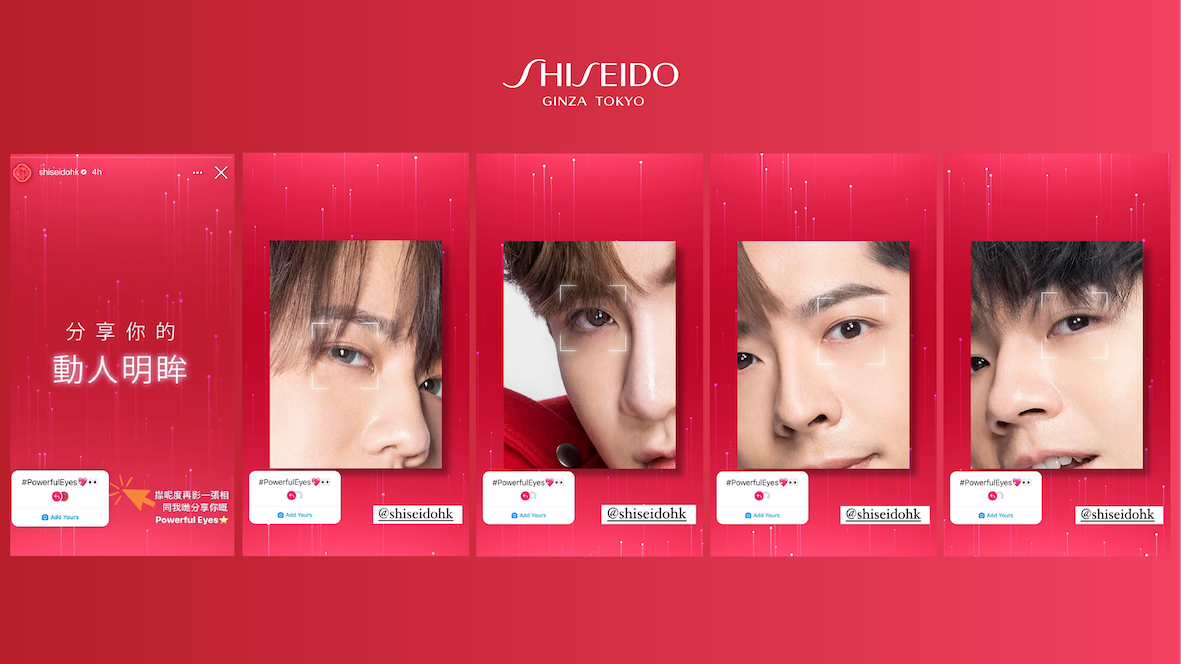Influencer marketing is so hot in Hong Kong and it is often used by brands to promote their products. Recent campaigns such as FWD Insurance and Hang Seng Bank featuring local boy band MIRROR and film director Sunny Chan are great examples of how brands like to utilise influencer marketing for localised content.
One of the reasons behind the wide use of influencer marketing by brands is perhaps due to the trust built between influencers and consumers. This is backed by a YouGov study that revealed that a quarter of HK residents (26%) said they trust products recommended by celebrities or influencers. Agreement is the highest among those between 25-34 years (37%), amongst the different age groups.
Until recently, the term “deinfluencing” has appeared on social media and we can see creators discouraging users from indulging in a consumerist lifestyle, and from buying everything that is marketed to them. A check by MARKETING-INTERACTIVE saw over 1,000 posts related to 'deinfluencing' on Instagram, with some convincing followers not to purchase certain cosmetic products, while some shared they had no regrets getting an eye shadow palette just because it looks great on their faces.
Not very prominent in HK market
However, not many of those 'deinfluencers' were from Asia. Zooming into the Hong Kong market, industry players MARKETING-INTERACTIVE spoke to believed that the "deinfluencing" trend is not very prominent in the local market. Terry Tsang, CEO of Narrow Door, an agency which focuses on brand strategy and social marketing, said that "deinfluencing" is definitely a new term to him, "I cannot relate it to a phrase in Cantonese so it probably hasn’t become a noticeable phenomenon yet. To be honest, the local marketing scene is still very much relying on influencers to channel their selling messages and to boost sale," he added.
Consumer literacy is also another factor leading to little demand of 'deinfluencers' in Hong Kong, according to Tsang. "As digital marketing booms, ads are becoming even more direct and sale-driven. Somehow, our brain have been trained to filter all over-claimed and me-too messages. A new immune system has been developed so that consumer can discern what is right for them in a split second," he said.
Agreeing with him was David Ko, managing director of strategic brand and digital consultancy RFI Asia, who said that influencers are still very much in demand in Hong Kong, which is why some of the local celebrities such as boy band MIRROR was so overexposed, but he believed the situation will change.
While Jeffrey Hau and Clement Lee, CEO and digital strategist of PRIZM Group, a digital agency specialised in social media and influencer marketing, agreed that the "deinfluencing" trend is not very pronounced in the Hong Kong market, they noticed that there has been ongoing discussion about the potential loss of credibility for influencers who engage in excessive commercial collaborations with brands.
“As a result, many influencers are exploring alternative sources of income such as creating self-branded products, using Patreon or setting up other businesses that are supported by their channels,” they added...
Published by Marketing Interactive on 18 April 2023





